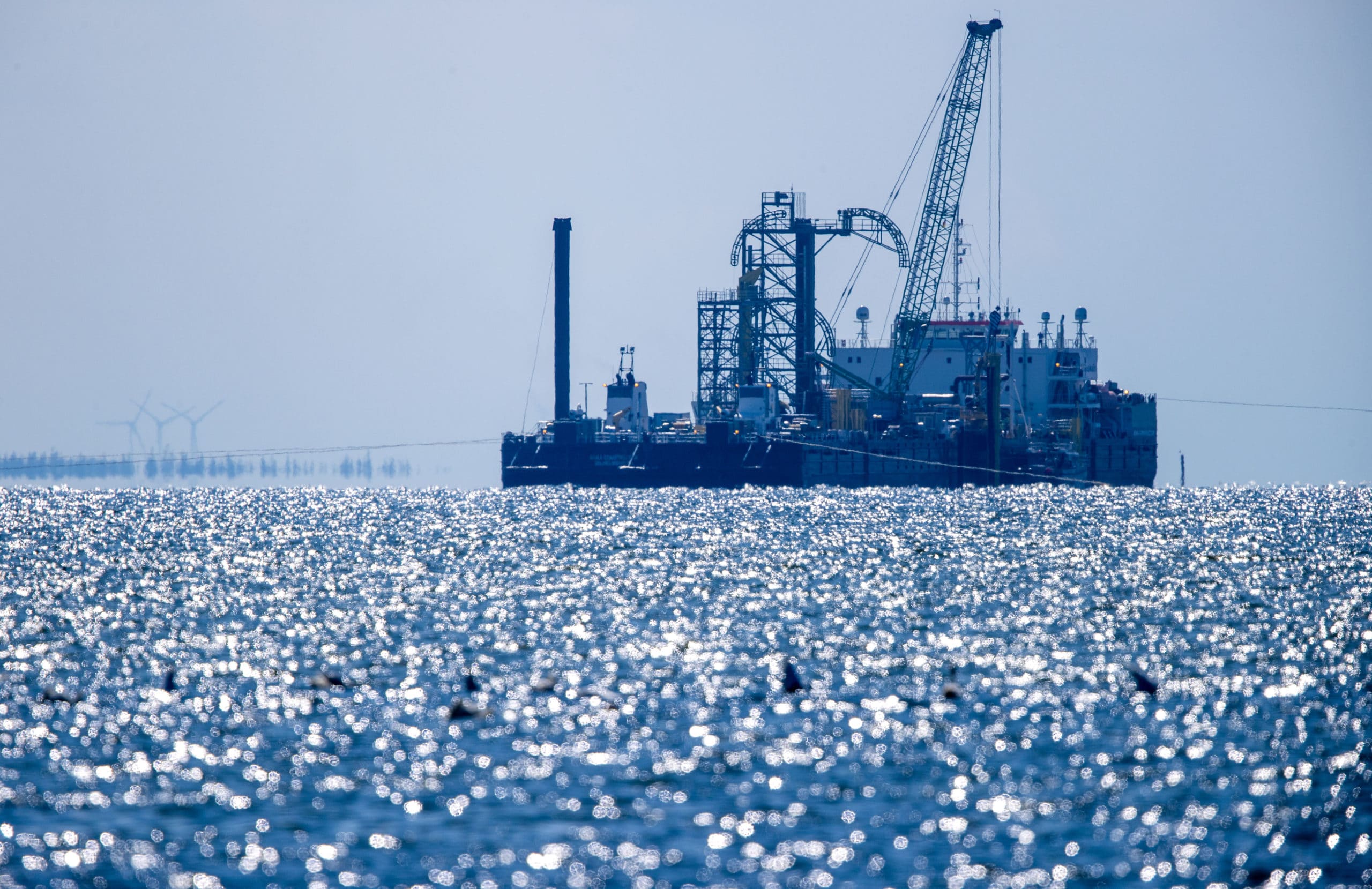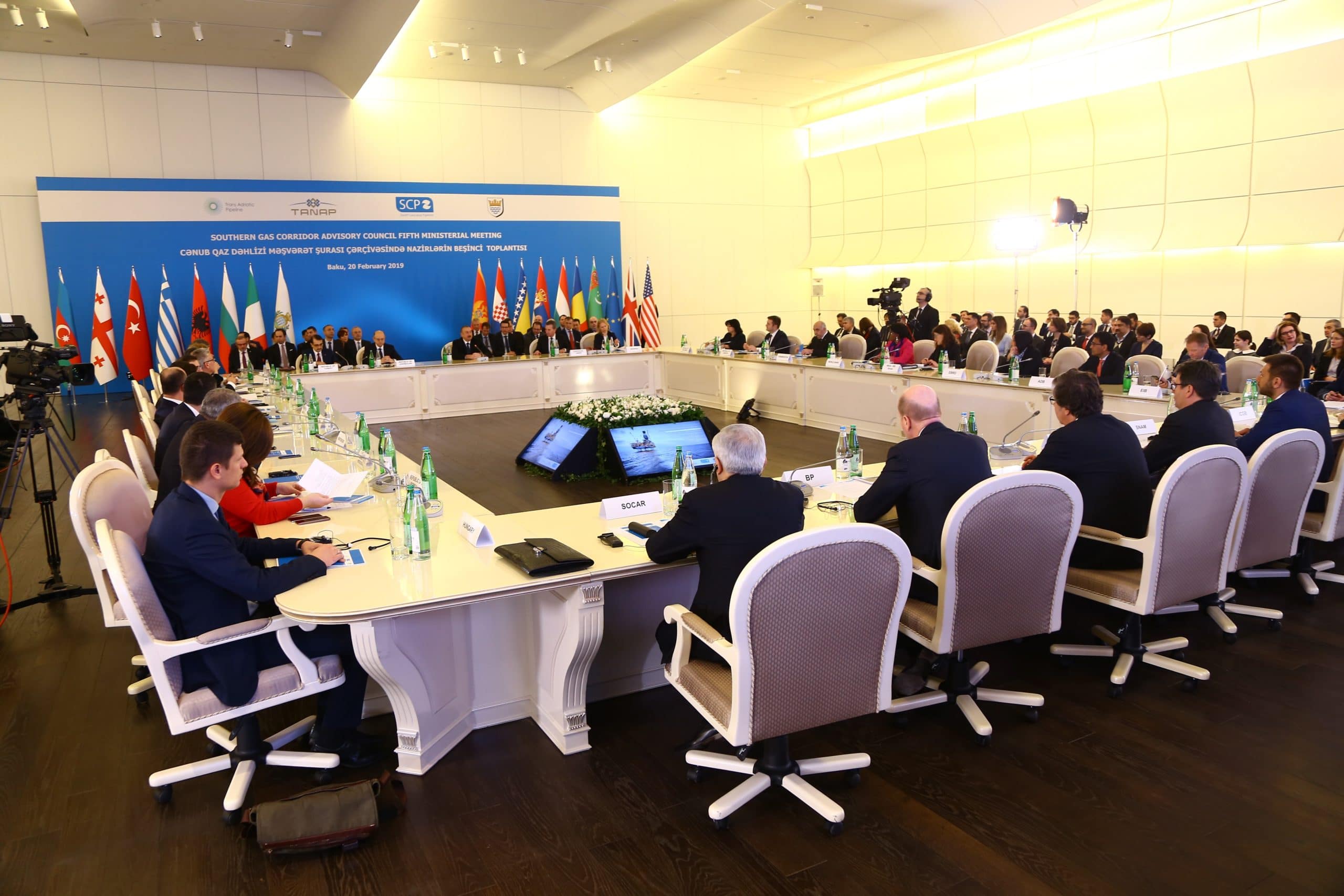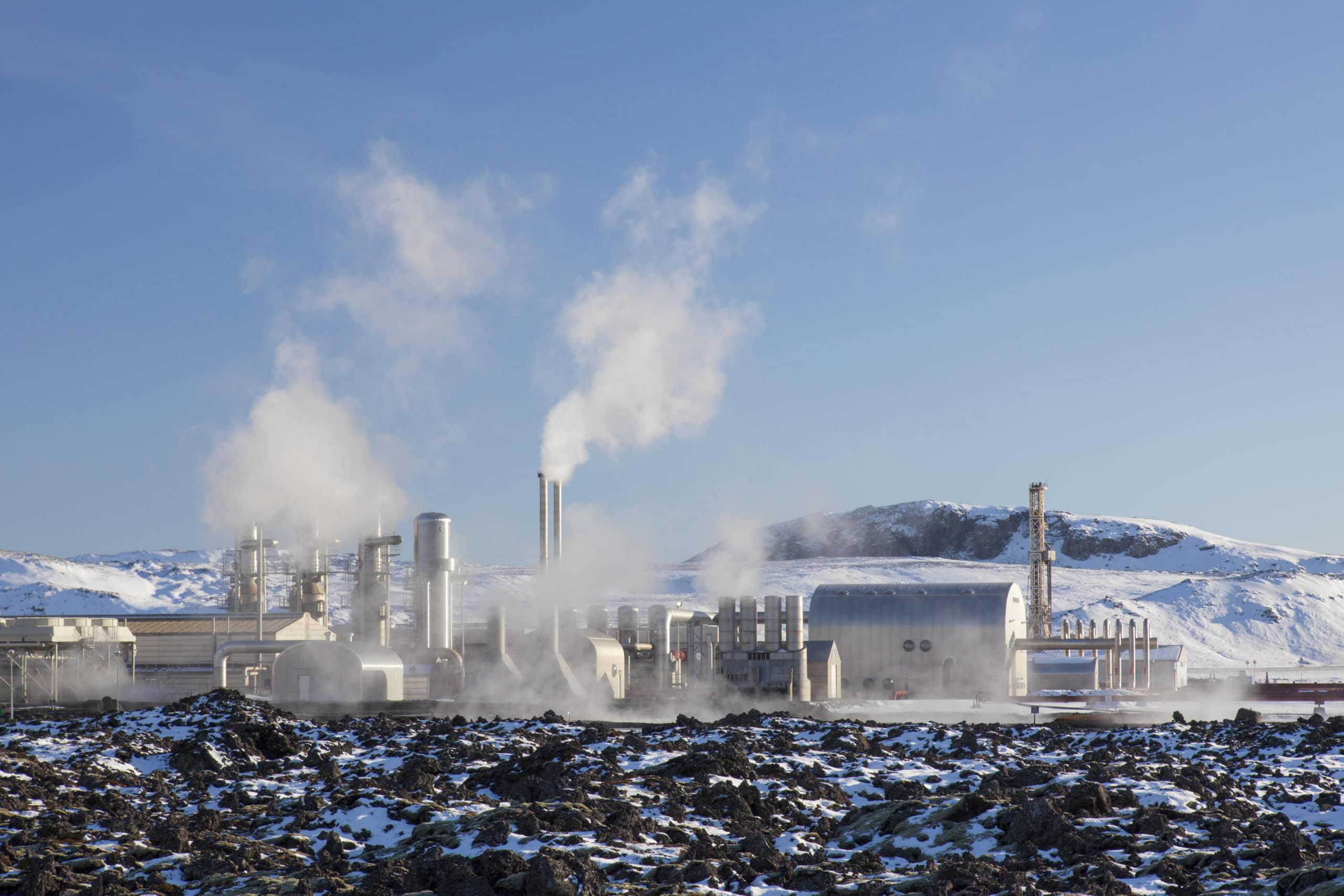January 14, 2021 | From Trump to Biden Monograph
Energy
January 14, 2021 | From Trump to Biden Monograph
Energy
Current Policy
A mega-shift in the geopolitics of energy took place over the last decade, as the United States ascended to the position of top global oil and natural gas producer. From 2008 to 2018, U.S. oil production more than doubled, and the United States transitioned from a net natural gas importer to a net exporter.1
However, this change has not eliminated the need for Washington to have an international energy policy. The oil market crash of spring 2020 illustrated that oil prices still have a major impact on the U.S. economy; low prices that hurt American producers are now as much of a threat as high prices were in the past.
The Trump administration, including the president himself, attempted to influence the production policies of major oil exporters – primarily Saudi Arabia and Russia.2 The administration aimed to maintain the international oil price within a band high enough to maintain U.S. oil production but low enough not to trigger a U.S. or global recession. The target was approximately $40 to $55 per barrel.
At different times, President Trump encouraged Saudi Arabia to increase or reduce oil production and to forge agreements with Russia and other producers in an effort to keep global prices within the target band. Still, the global oil price was low enough to cause bloodletting among U.S. shale producers and thus harm the U.S. industry, which was a goal of both Saudi Arabia and Russia. However, prices are now on an upward trajectory as the market anticipates the large-scale deployment of COVID-19 vaccines.3 Rising prices will likely spur a modest return of some U.S. oil production.
With regard to natural gas, the administration both intensively promoted exports of U.S.-produced liquid natural gas (LNG) and continued previous administrations’ efforts to shape international pipeline projects to improve the energy security of U.S. allies, especially in Europe. The administration also reduced bureaucratic impediments to American LNG exports and frequently encouraged allies to purchase those exports.4

The 120-meter-long workboat Boka Constructor lies in the Greifswald Bodden off the Port of Lubmin on July 2, 2020. The special ship is being used in connection with the construction of the Nord Stream 2 pipeline in the Baltic Sea. (Photo by Jens Büttner/picture alliance via Getty Images)
Like its predecessors that sought to reduce Europe’s dependence on Russian gas and bolster the independence of the former Soviet states, the Trump administration supported a two-pronged policy on pipelines to Europe. The first prong was the establishment of the Southern Gas Corridor from Azerbaijan to Europe as part of the east-west Caspian energy corridor.5 In parallel, the United States adamantly opposed the establishment of new pipelines supplying Russian gas to Europe, including Nord Stream 2 and the proposed expansion of TurkStream. To promote the Southern Gas Corridor, U.S. officials worked with European counterparts to solve regulatory and geopolitical bottlenecks in Italy and continued to give high-level political support to the project.6 Aiming to block the completion of Nord Stream 2, which would supply gas directly from Russia to Germany rather than via transit states, the administration threatened severe sanctions, and Congress enacted additional sanctions as part of the latest defense spending bill.7
Finally, the Trump administration – especially the Department of State’s Bureau of Energy Resources – promoted energy cooperation in the Eastern Mediterranean basin. However, conflict has recently emerged between several U.S. allies in the region. The conflict is about sovereignty but is being manifested through maritime drilling attempts and efforts to block them. The Trump administration sponsored maritime conflict prevention talks between Lebanon and Israel but not between Turkey and Cyprus and Greece, whose conflict continues to develop. Likewise, the administration actively supported the East Mediterranean Gas Forum but did not invite Turkey to participate.8
Assessment
U.S. oil and natural gas exports have made a significant contribution to global energy security, increased liquidity in key energy markets, and enabled access to natural gas for new importers. Over the last 25 years, Washington’s bipartisan energy policy has led to the establishment of an east-west energy and transport corridor linking Europe to the Caspian. Russia’s share in key gas markets such as Turkey has been reduced. Thus, Russia benefits from regional instability that could undermine the new supplies, such as the July 2020 military flare-up between Armenia and Azerbaijan, during which Yerevan, which shares a defense pact with Russia, attempted to seize hills above the corridor.9 Despite this escalation and the full-scale Armenia-Azerbaijan war that broke out in late September 2020, the Southern Gas Corridor became fully operational at the end of 2020.10

The Southern Gas Corridor Advisory Council holds its fifth ministerial meeting in Baku, Azerbaijan, on February 20, 2019. (Photo by Resul Rehimov/Anadolu Agency/Getty Images)
It is good that Washington is still attentive to pipeline geopolitics in Europe, since U.S. LNG exports are not a cure-all for the energy security of America’s allies. In most natural gas markets, these exports do not supplant pipeline supplies, mainly owing to the higher price of LNG compared to pipeline natural gas. Energy security demands security of supply but also security of price. Additionally, there are physical limitations in supplying LNG to landlocked countries and to regions entered via straits, such as the Bosporus, that prohibit the entrance of LNG supply vessels. Intensive promotion of U.S. energy exports has also created the impression that Washington wants to capture markets for LNG exports more than it values energy security. For instance, some members of the German leadership see U.S. opposition to Nord Stream 2 as motivated by commercial self-interest, not only concern about Russia.11
The National Defense Authorization Act for Fiscal Year 2021 expanded sanctions designed to prevent the completion of Nord Stream 2. Yet the incoming administration will likely waive the sanctions, seeking to mend fences with Berlin, which adamantly opposes U.S. sanctions against the project.
The Trump administration could have done more to defuse the conflict between its allies in the Eastern Mediterranean. Moscow is the main beneficiary of this infighting between U.S. allies. Washington should invest greater effort in defusing conflict between U.S. allies in the region, mainly Turkey, Greece, and Cyprus.
Trump’s attempt at direct intervention in the global oil market likely did not substantially affect Saudi or Russian oil supply policy decisions. Both already had an interest in stabilizing the market. U.S. sanctions dramatically reduced Tehran’s export volumes. In 2020, the absence of Iranian supplies did not meaningfully impact prices, due to the significant loss in demand caused by COVID-19 lockdowns. As oil prices rise, however, this is likely to change.
The Trump administration rarely promoted climate change-aversion policies, yet the carbon intensity of the U.S. economy continued to decline.12 A major factor in this decline was the continued trend of switching from coal to natural gas in the U.S. power-generation sector. Likewise, despite a relative lack of high-level interest from the administration, U.S. renewable energy production and consumption reached a record high in 2019.13
Recommendations
- Continue to support the unlocking of infrastructure bottlenecks in the United States to facilitate exports. Sustained high oil prices are likely during the first half of 2021 given the deployment of COVID-19 vaccines. High prices for oil and other commodities may usher in the end of the long-running trend of U.S. economic growth (which reversed temporarily during the COVID-19 lockdown periods).
- Consider adopting a distinct policy toward natural gas rather than lumping it into policies aimed at reducing or eliminating the use of fossil fuels – namely, oil and coal – due to its dramatically lower pollution and climate impact. Switching from coal to natural gas has enabled the United States to drastically lower its greenhouse gas emissions and air pollution while also reducing energy costs. This is also the most efficient way for other countries to quickly reduce emissions and pollution in an affordable manner.
Taken on February 16, 2016, this photo depicts the Svartsengi Power Station, a geothermal power plant in the Svartsengi geothermal field near Grindavik, Iceland. (Photo by: Arterra/Universal Images Group via Getty Images)
- Continue to support the energy security of U.S. allies. These American efforts have achieved tremendous success, especially in Europe, where U.S. support shepherded in new gas supplies via the Southern Gas Corridor and U.S. LNG. Natural gas is complementary to current renewable energy technologies. Washington should continue to support projects that help Europe diversify its supply of natural gas.
- With major international pipelines, actively protect gains achieved with the establishment of the Southern Gas Corridor, which is the East-West corridor from the Caspian Sea to Europe. The U.S. Department of Defense should study the 2020 war between Armenia and Azerbaijan, suggest ways to protect the corridor, and work with U.S. allies to do so.
- Conduct a practical assessment of the threat posed by Nord Stream 2, the likelihood the project will be completed, and the risk sanctions pose to U.S.-Germany relations. Given that Berlin supports its completion, Washington would be better off accepting that outcome to help restore ties with Berlin.
- Work to avert conflict between U.S. allies in the Eastern Mediterranean, especially between Greece and Turkey. The United States must leverage its strategic relations with all the actors in the Eastern Mediterranean to establish understandings on maritime delimitation and facilitate peaceful resolutions of the disputes.

